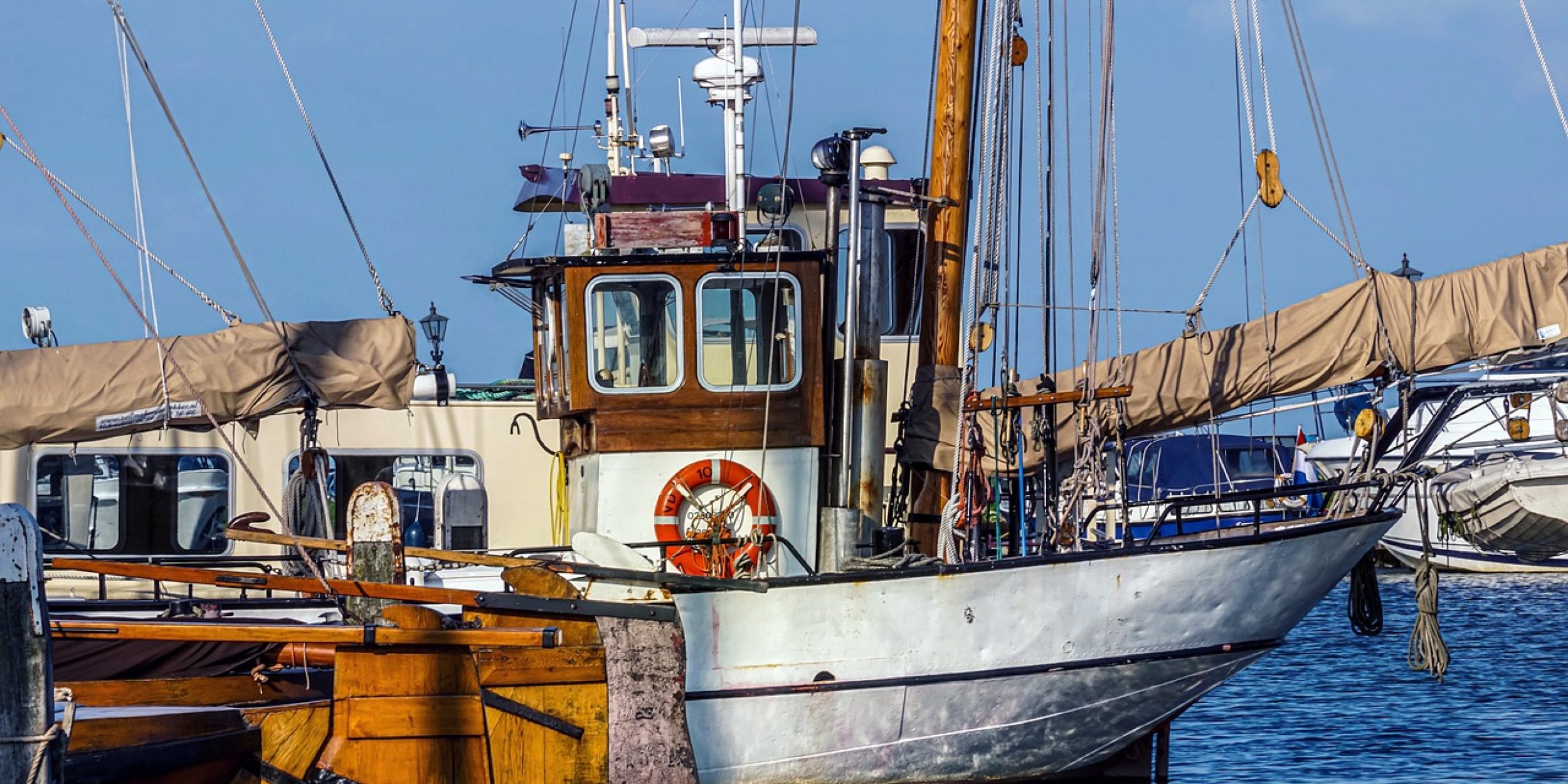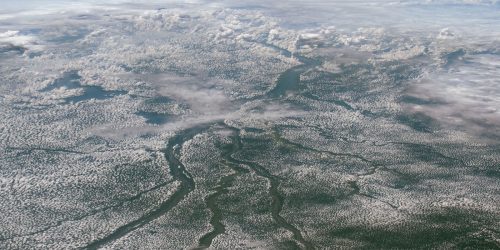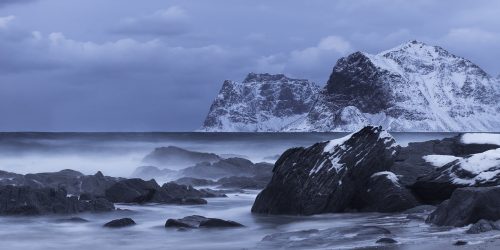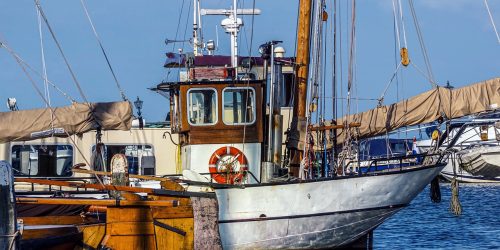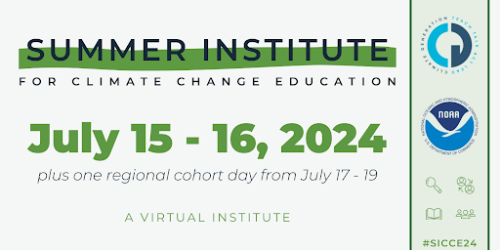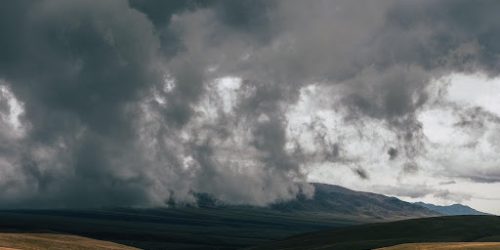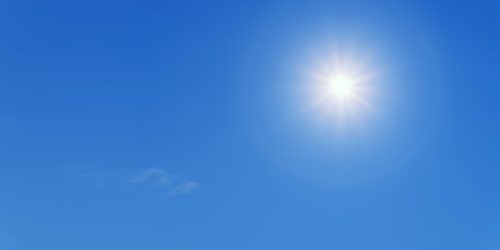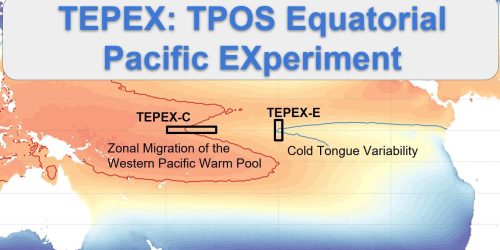The Climate and Fisheries Adaptation (CAFA) program is announcing eight new three-year Fiscal Year (FY) 2023 projects focused on increased understanding and promoting the adaptation and resilience of U.S. marine fisheries and fishing communities to rapidly changing climate and ocean conditions. The competitively selected projects total approximately $6,000,000 in federal grant funding.
The Program solicited two types of multidisciplinary proposals in its FY 2023 Notice of Funding Opportunity:
- Type A proposals: Advancing multidisciplinary systems to evaluate management strategies that promote resilience and adaptation of fish stocks, fisheries, and fishing communities
- Type B proposals: Participatory research that advances understanding of climate adaptation in frontline fishing communities (i.e., communities dependent upon fishing economically, socially, and culturally)
The CAFA program received 31 project proposals from seven regions (Northeast U.S. Continental Shelf, Southeast U.S. Continental Shelf, Gulf of Mexico, California Current, Insular Pacific-Hawaiian, Gulf of Alaska, and the Bering Sea).
The cohort of eight projects selected for funding focus on a variety of topics, including:
- Employing participatory research methods to develop locally-determined fisheries adaptation plans in frontline fishing communities,
- Assessing the climate vulnerability of fishing communities and developing climate-informed Management Strategy Evaluation in the California Current region,
- Developing social-ecological system conceptual models and other tools for Northwestern shellfish aquaculture communities to inform scenario planning,
- Utilizing oral histories to understand impacts of climate change on women in Northeastern fishing communities and support more equitable climate adaptation policies, and
- Accounting for climate impacts on a range of fishery species including coastal pelagic fish, groundfish, shellfish, and highly migratory species.
The CAFA program supports interdisciplinary research that results in actionable tools and information to advance the adaptation and resilience of multiple commercially important fisheries and fishing-dependent communities, informs stakeholders of changing stocks, and provides decision-support for managers and increased capacity for decision-makers and community members at multiple scales.
FY 2023 – FY 2026 Funded Projects
Type A Projects:
- Gulf of Alaska Climate Integrated Modeling Project Phase 2: From climate to communities in the Gulf of Alaska: an integrated modeling approach to support the climate adaptation and resilience of fisheries management and fishing-dependent communities (NOAA Fisheries Alaska Fisheries Science Center led by Meaghan Bryan)
- The Alaska Climate Integrated Modeling Project phase 3-A: synthesis and delivery of climate-integrated decision support systems for Ecosystem Based Fisheries Management (EBFM) in the Bering Sea, Alaska (NOAA Fisheries Alaska Fisheries Science Center led by Kirstin Holsman)
- NCLIM 2: Northeast U.S. Climate Integrated Modeling Initiative to Meet Ocean Decision Challenges (University of Maine led by Lisa Kerr)
- Future Seas III: Ensuring resilience and adaptive capacity of California Current System fisheries under climate-driven ecosystem shifts (University of California, Santa Cruz, led by Barbara Muhling)
Type B Projects:
- Ecosystem-Based management for community resilience: collaboratively modeling Washington Coastal Estuaries (University of Washington/Washington Sea Grant, led by Melissa Poe)
- Gendered dimensions of climate change impacts, adaptive capacity, and resilience in Maine’s coastal fisheries (University of Maine, led by Hillary Smith)
- Advancing understanding of climate adaptation and resilience in Gulf of Alaska fishing communities (NOAA Fisheries Alaska Fisheries Science Center, led by Marysia Szymkowiak)
- Advancing climate informed decision-making tools for Alaska fishing communities through transdisciplinary research (NOAA Fisheries Alaska Fisheries Science Center, led by Sarah Wise)
For a description of the funded projects, please visit the CAFA website.
The CAFA program is a partnership between NOAA Research’s Climate Program Office and the NOAA Fisheries’ Office of Science and Technology that supports targeted research to increase understanding of climate-related impacts on fish stocks and fisheries and promotes adaptation and resilience of the nation’s valuable fisheries and fisheries-dependent communities in a changing climate. Since 2015, the program has funded 34 collaborative research projects involving colleges and universities, environmental organizations, NOAA labs and science centers, and other entities.
By bringing together NOAA scientists with many internal and external partners, CAFA addresses priority needs for information and tools identified in the NOAA Fisheries Climate Science Strategy, Regional Action Plans, NOAA’s Equitable Climate Services Action Plan, and other NOAA and Department of Commerce priorities to advance a climate-ready nation.
Learn more about the Climate and Fisheries Adaptation Program.
Questions?
Contact Jennifer Dopkowski, CAFA Program Manager (jennifer.dopkowski@noaa.gov)


